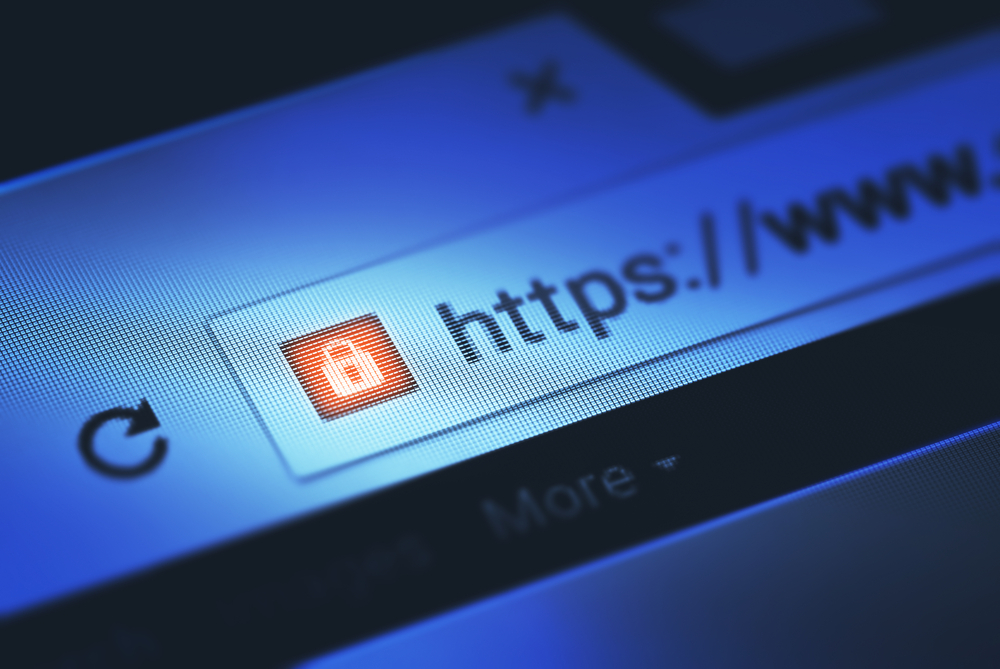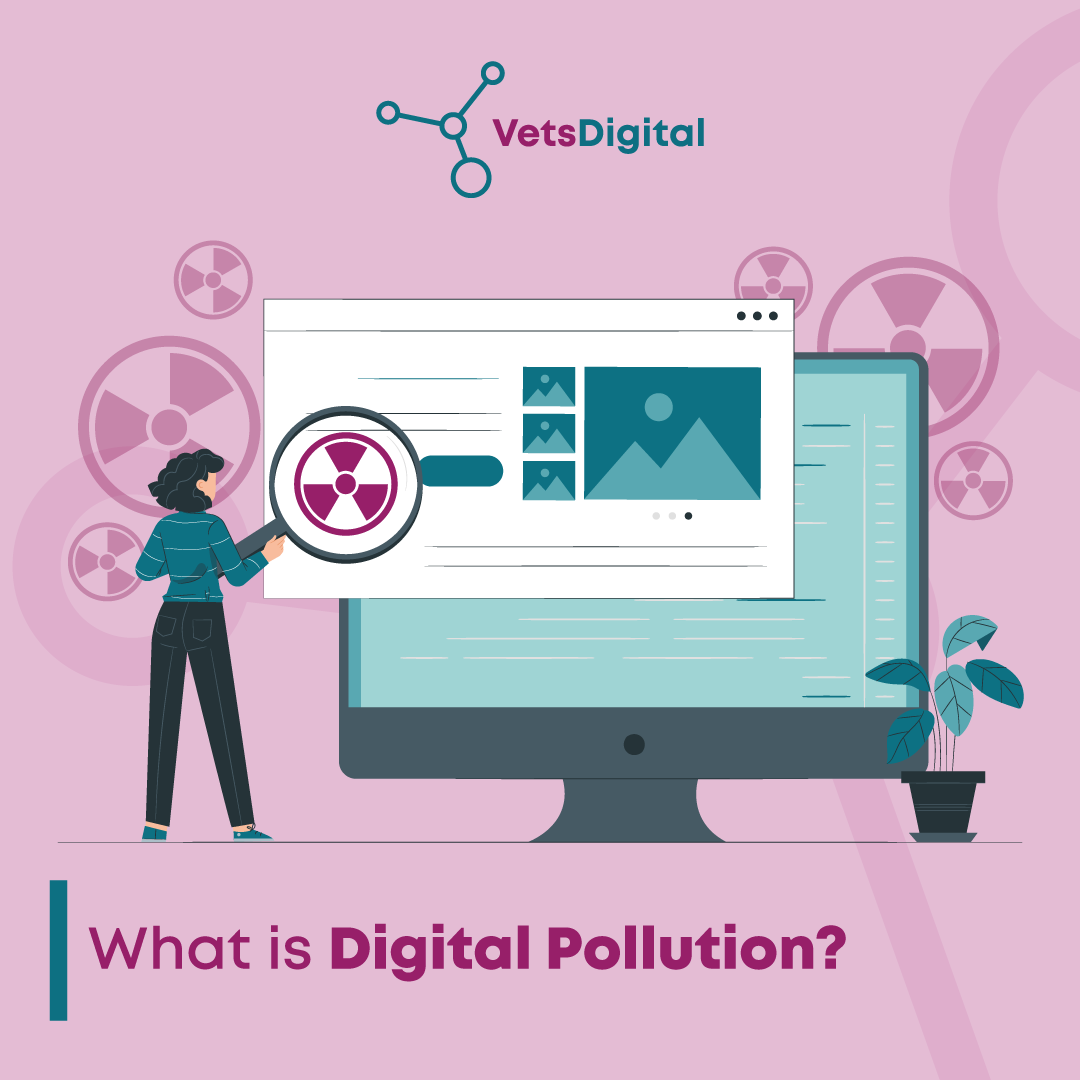News, Security, Website,
How secure is your website?

As increasing numbers of people spend more time online and become more comfortable with navigating the digital space, website security is something that more people are developing a deeper awareness of. If hackers target your website, your data could be put at risk and your website could crash. Additionally, as a business it is your responsibility to protect your clients’ data, particularly as a security breach could permanently compromise the integrity of your brand if people no longer view you as being a trustworthy operation.
So don’t leave the door to your website wide open. Protect it! Properly securing your website doesn’t need to be difficult, so here are some straightforward ways to enhance the digital security of your veterinary practice’s website.
The importance of SSL certificates
Installing an SSL (Secure Sockets Layer) certificate is one of the simplest things you can do to improve the security of your website, but you might be surprised to learn just how few veterinary practices have one. You encounter SSL constantly when browsing online as it is essentially the ‘s’ component of ‘https’ and can be seen along with a small padlock in the address bar.
When properly installed, your SSL certificate will encrypt all data, including login details, that pass between your users and your website. Google will tell users every time they land on a site that doesn’t have an SSL certificate and will even penalise those websites when it comes to organising search engine results pages (SERPs).
Take a look at your practice website – do you have an SSL certificate?
Don’t neglect your password security
We hope that you would be surprised at just how many weak passwords are still used every single day across the world but if your website passwords are easy to crack, now is the time to change them. It is important to use a combination of letters, numbers and special characters, but you might also want to use a password manager to really ramp up your online security.
Don’t ignore important updates
If the software you are using to manage your website is out-of-date, you run the risk of essentially inviting hackers directly into the inner workings of your most important digital asset.
Out-dated software is much more vulnerable to glitches, bugs and malicious code, so it’s vital to keep an eye on any website update notifications and ensuring the required process is completed as soon as possible.
Updates may include security updates, performance updates and features updates. One important thing to remember before making any required updates to your website is to ensure you have a backup of your website! If more than one update is required, it’s not uncommon for there to be conflicts. If something happens during the update, you may need to restore a backup.
Be vigilant and adopt a security conscious mind-set
Most malware is distributed via email, which is why it’s so important to be vigilant when looking through your inbox. In addition to being particularly careful about who has access to your website and ensuring everyone who does is security conscious, you should never click on any links that seem suspicious. It is wise to only entrust verified professionals with important website updates, so referring any queries to your personal development team will help you to avoid some of the more convincing scams that often do the rounds online.
You’ll never regret implementing too many security features so it’s always better to be safe than sorry. If you have any queries about your website’s security – or even just your website as a whole – get in touch with our team at VetsDigital. We’re always here to help, answer any queries you may have and provide some personal advice based on your individual practice needs.






